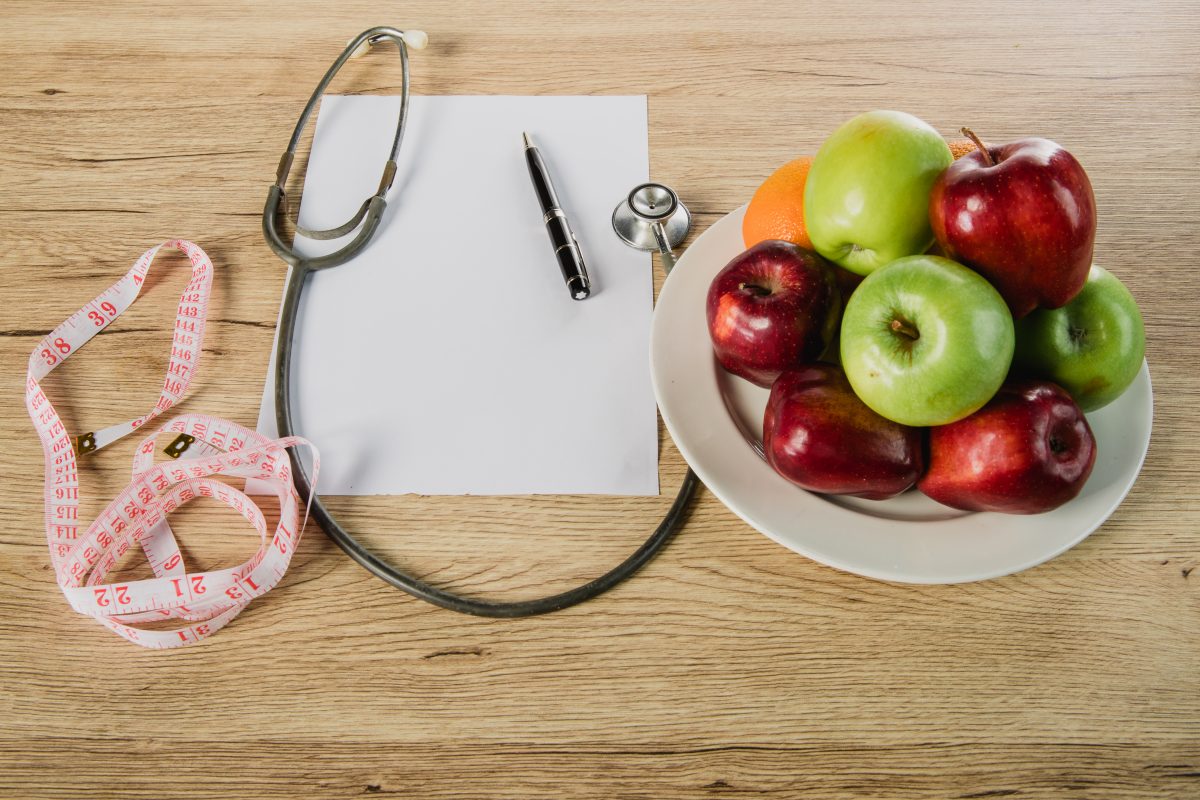Even the dialysis patients have the permission to waive fasting during Ramadan, still some of them willing to have the privilege of the fasting practice.
Having said that, they should be monitored closely and they should have a special care for their diet, as well as they should be acknowledged for:
– No suspension for the dialysis treatment.
– Dialysis session should be processed regularly.
– Medication should be carried out based on doctor advice.
– Keeping the healthy balanced diet during this holy month.
During the holy month of Ramadan, dialysis diet should not differ very much of normal daily diet out of Ramadan. The diet should be simple and aids in maintaining normal weight, neither losing nor gaining.
What should we remember??
• Keep having 3 meals (Iftar, midnight meal and Suhor meal).
• Avoid heavy meals
• Avoid salt and salty additives to help control blood pressure and control thirsty.
• If exercise is desired. It should take a place after breakfast “not during fasting hours”
• Avoid high potassium food such as: dates, milk, bananas, oranges, dried fruit, cantaloupe, potatoes, spinach, and tomatoes.
• Avoid high phosphorus food such as milk and dairy products, nuts canned fish and cola and chocolate.
• Keep an eye on the amount of liquid you have it per day. Try to do not excessed more than 1 litter per day.
• Use 2 serving of allowed fruits instead of having sweets. You can use jelly.
• Do not skip any meals (Iftar or Suhor )
• Avoid Fried and fatty foods.
What Should We Eat at Iftar??
At Iftar the body requires an immediate source of energy in the form of glucose for its alive cells, particularly the brain and nerve cells. 1/2 cup of Fresh strawberry or apple juices are good sugar sources and it’s highly recommended to initiate iftar meal with juices.
The ideal recommended Iftar meal should begin eating slowly and moderately at sunset, followed by a main course a few hours later. The main course should contain food from different groups
Meat Group: Chicken, beef, lamb, goat, fish are a good source of protein and minerals, and vitamins
Bread and Cereal Group: Most people need 6 -11 servings from this group each day.
Amounts equal to one serving: 1slice bread (white, rye, or sourdough) or ½ cup cooked white rice
Avoid “whole grain” and “high fiber” foods (like whole wheat bread, bran cereal and brown rice) to help you limit your intake of phosphorus and protect your bones and blood vessels
Vegetables Group: Mixed vegetable salad(low or medium potassium )like (lettuce, carrot, , cucumber, cauliflower, onion ) but remember to Limit or avoid high-potassium vegetables and fruit such as bananas, oranges, raisins and dried fruit, cantaloupe, potatoes (including French Fries, potato chips and sweet potatoes, spinach, tomatoes and tomato sauce, avocado and sweet potatoes)
Vegetables are a good source of dietary fiber, vitamin A, carotene, lycopene’s, which are antioxidants. These are helpful in improve your immune system and help many other health problems
What Should We Eat at Sahur meal?
Sahur is believed to have an importance equal to breakfast, as it provides the body with the energy and nutrients required for studying, working and doing the daily routine. Fasting without Sahur leads to low blood pressures, low blood sugar, headaches and muscular pain. But there is no need to consume excess amount of food at sahur.
• Eat Complex carbohydrates at sahur so that the food lasts longer making less hunger.

